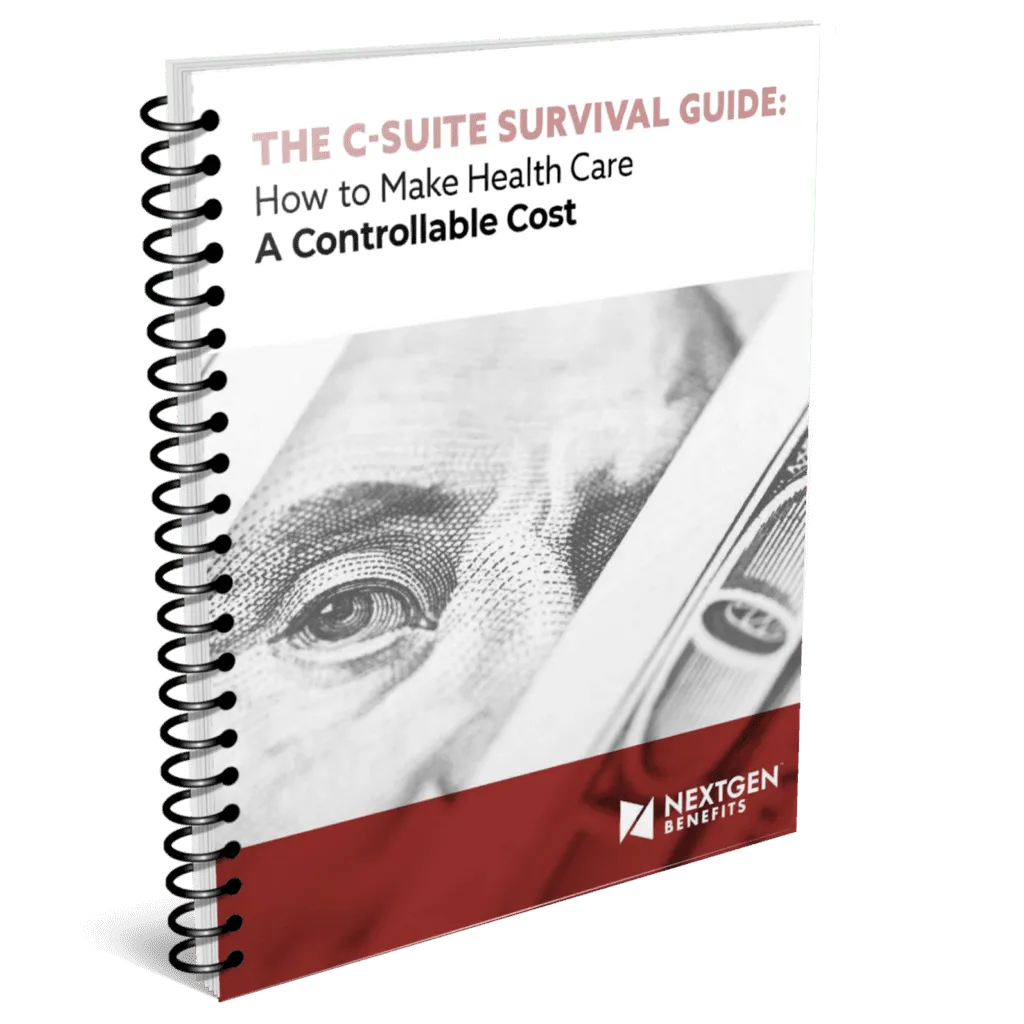
On the highway of hiring and retaining Gen Z talent, who's driving the car?
What we know right now is that companies are creating and offering seemingly endless benefits to woo new talent before the competition snatches them up. What is still uncertain is how far employers are willing to go to accommodate the demands and expectations of Gen Z, the newest workforce demographic.
According to a recent survey from job search platform Monster, 77% of graduates are concerned about job security, yet 60% claim they would not apply to a company mandating a five-day-a-week return-to-office policy. Thus, it’s clear that employers are the ones in the hot seat to find common ground.
Ever since the pandemic the pressure on employers to offer a larger, wider range of benefits has increased. HR teams have had to reevaluate the cause and effect of incentives, bonus structures and PTO policies. They’ve had to add mental health safety nets, provide fitness and phone stipends and so much more — all while improving company culture, worker productivity and, oh, lest we forget, the bottom line. However, employers that dismiss these perks as unimportant, risk being sideswiped, not noticing the damage until they’re struggling to keep the employee engine running.
"Companies are getting creative with perks and social responsibility initiatives to attract and retain top talent — particularly Gen Z. This trend of moving away from one-size-fits-all remote policies is likely to continue as organizations recognize their limitations [and] leaders understand the need for adjustments to revitalize workplaces."
-Susan Levine, founder and CEO, Career Group Companies
So, who’s driving the car? Clearly, it is Gen Z. While Gen Z alone might not have the power to completely revert return to office (RTO) mandates, their preferences, along with the demonstrated benefits of flexible work, could (and probably should) push companies to reconsider or adapt these policies to better meet the needs of a changing workforce.
Of course just because Gen Z is vocal about their workplace expectations, especially regarding flexibility, doesn’t mean companies have to hand over the keys. (Yes, we’re speeding along with the car analogy). However, several factors will contribute to Gen Z’s ability to enact real and lasting changes.
Power of Influence: Gen Z’s entry into the workforce is already reshaping workplace dynamics, primarily through their demand for flexibility. Despite having limited business experience, this generation has high expectations, particularly for work-life balance and remote work options. As companies aim to attract and retain young talent, they will have no choice but to adapt their workplace policies to meet these demands.
Talent pool challenges: Gen Z prefers remote or hybrid work, however currently, the momentum of return-to-office (RTO) mandates is growing with only about 5% of open jobs on Monster's site listed as remote. As Susan Levine explained to an EBN reporter, "This generation often enters the workforce with limited business experience but high expectations, and their biggest priority is flexibility."
Company Responses: Companies are getting creative with perks and incentives in hopes of swaying GenZ’s opinion of on-site and hybrid employment. They’re offering on-site amenities, wellness programs, team outings, and mentorship opportunities. As many Gen Z workers prioritize career growth when considering job offers, they’re also highlighting the abundant learning and development opportunities that come with in-person interactions at work.
Despite Gen Z’s clear preferences, only 7.43% of direct hire placements this year were Gen Z, indicating that employers may be hesitant to make sweeping changes to accommodate them. However, companies recognize the need to bridge the gap between Gen Z’s expectations and employer realities, emphasizing the importance of transparency and proactive communication during the hiring process.
One additional factor not mentioned nearly enough is the challenges of commuting including gas prices, traffic and public transportation safety concerns. The desire to avoid commuting has become a major deal breaker for many job hunters. So much so that an Atlanta-based organization has dedicated its entire purpose to this dilemma, offering real-world solutions, recommendations, resources and creative ideas to assist companies in the metro Atlanta market. Anyone who has experienced Atlanta traffic can attest to the need for such a resource. For inspiration based on data-driven information and practical solutions, check out https://perimeterconnects.com/employers/resourcecenter/.
Conclusion:
HR’s goal is not to make waves. They are masters of the status quo and provide the time and space for management to focus on other germane business issues. Employee benefits are now the number 2 or 3 on your P&L. Dig in, but do it with a consultant who cares about what your business will look like in 5 years, not just what he can get away with at renewal time. While Gen Z may not yet have the power to entirely revert RTO mandates, their collective preferences and expectations are influencing workplace trends. Companies that wish to attract and retain this generation will need to find a balance between offering flexibility and fulfilling business needs.
Over time, as more Gen Z workers enter the workforce and advance in their careers, their influence on workplace policies may grow stronger, potentially leading to more lasting changes and ultimately putting the employer back in the driver's seat.
A NextGen Benefits consultant can help you navigate the complexities of attracting and retaining employees in this evolving job market. Take advantage of their expertise today.

The C-Suite Survival Guide:
How to Make Health Care A Controllable Cost
Nelson Griswold
Nelson Griswold is a NextGen Benefits Adviser.
As a NextGen Benefits Adviser, Nelson implements effective cost-containment solutions, from managing high-cost drugs to identifying high-quality physicians, from utilizing advantageous direct provider contracts to providing cost-effective virtual care programs.
With strategies and plan designs backed by one of the industry's most respected teams of subject matter experts, you can place your unwavering trust in Nelson.
With Nelson's proven expertise and established track record, you can achieve substantial cost savings compared to conventional, status quo health plans from insurance companies and brokers.

info@nextgenbenefits.com
(615) 369 0618
© Copyright 2026. NextGen Benefits and NextGen Benefits Network